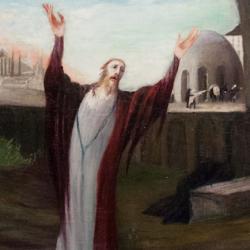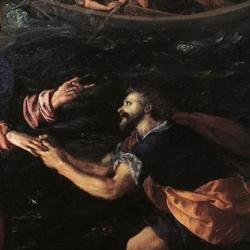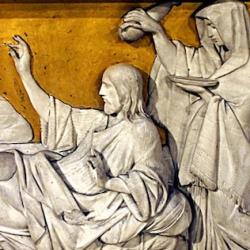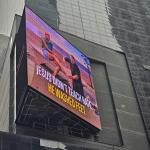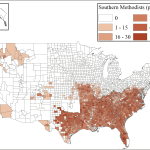INTRODUCTION
Jesus continues on the way toward Jerusalem , predicting His own future and teaching the Twelve about discipleship. They don’t understand, but fortunately Jesus is the compassionate Son of David, who opens blind eyes ( 20:29 -34).
THE TEXT
“Now Jesus, going up to Jerusalem, took the twelve disciples aside on the road and said to them, ‘ Behold, we are going up to Jerusalem, and the Son of Man will be betrayed to the chief priests and to the scribes; and they will condemn Him to death, and deliver Him to the Gentiles to mock and to scourge and to crucify . . . .’” (Matthew 20:17-34).
CONTEXT
This section fits tightly in the immediate and larger context of Matthew’s gospel. It continues the travel narrative begun in 16:21 , and begins with the most detailed of Jesus’ predictions about His Passion (vv. 17-19; cf. 16:21 ; 17:22 -23). The passage has a number of verbal connections with the previous chapters. The wife of Zebedee’s asks that her sons sit on “thrones” when Jesus comes “in Your kingdom” (v. 21), and this links back to Jesus’ promise of authority to those who have followed Him ( 19:28 ). The parable of the laborers ends with a reference to “eyes” ( 20:15 ), and Jesus touches and opens the eyes of two blind men ( 20:33 -34).
LORDS AND SERVANTS
Right after Jesus has told His disciples that He will be betrayed to the Jews, then delivered to the Gentiles, and then crucified, the mother of James and John wants Him to give places of honor to her sons. Her request is based on Jesus’ promise to give thrones to the Twelve “in the regeneration” ( 19:28 ), the coming new order that Jesus will establish in His death and resurrection. Jesus responds by saying that the disciples achieve glory by following the “way” of Jesus (cf. v. 17: “on the way”). Kings have cups (cf. Genesis 40:1; Psalm 75:8; Jeremiah 25:15-28), but to be a king like Jesus one must drink the cup. Great ones in Jesus’ kingdom are not the ones who network and manipulate others to serve them; great ones are the ones who do what Jesus did and become slaves of all. For the first time in the gospel, Jesus explains the purpose of His death: He gives His life as a “ransom,” in order to win the release of His followers (v. 28).
HEALING THE BLIND
The request of the mother of John and James shows that the disciples have “evil eyes” ( 20:15 ). Eyes are organs of judgment and valuation, and the disciples make false valuations. They need to have their eyes made good, generous, if they are going to follow Jesus in giving their lives. The scene in Jericho shows that Jesus has the power to correct His disciples’ vision. They see what the multitudes cannot see, that Jesus is the Son of David, the greater Solomon, a worker of miracles (vv. 30-31), as well as the greater Joshua, ancient conqueror of Jericho. When Jesus stops, they ask Him to open their eyes (v. 33). This phrase should remind us of Genesis 3, where Adam and Eve’s eyes are opened, but wrongly. Jesus is the tree of knowledge, who opens eyes rightly. The two men are model disciples: As soon as Jesus touches and opens their eyes, they become disciples, following Jesus on the way to Jerusalem and the cross.






